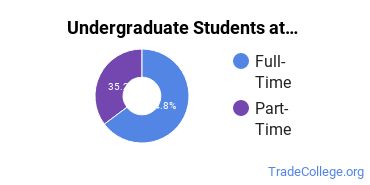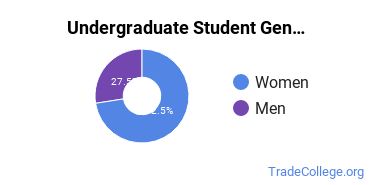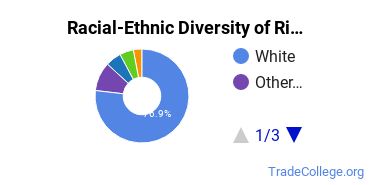Find Trade Colleges
Rivier University Trade Programs
Located in Nashua, New Hampshire, Rivier University is a private not-for-profit institution. Nashua is a great location for students who prefer city over country life.
Featured schools near , edit
Where Is Rivier University?

Contact details for Rivier are given below.
| Contact Details | |
|---|---|
| Address: | 420 South Main St, Nashua, NH 03060 |
| Phone: | 603-888-1311 |
| Website: | www.rivier.edu |
Can I Afford Rivier?
| In State | Out of State | |
|---|---|---|
| Tuition | $36,508 | $36,508 |
| Fees | $1,283 | $1,283 |
| Books and Supplies | $1,400 | $1,400 |
| On Campus Room and Board | $14,943 | $14,943 |
| On Campus Other Expenses | $2,372 | $2,372 |
Student Loan Debt
Almost 66% of college students who graduated with the class of 2018 took out student loans, but that percentage varies from school to school. At Rivier, approximately 76% of students took out student loans averaging $9,580 a year. That adds up to $38,320 over four years for those students.
Rivier University Undergraduate Student Diversity

There are also 882 graduate students at the school.
Gender Diversity
Of the 868 full-time undergraduates at Rivier, 22% are male and 78% are female.

Racial-Ethnic Diversity
The racial-ethnic breakdown of Rivier University students is as follows.

| Race/Ethnicity | Number of Grads |
|---|---|
| Asian | 26 |
| Black or African American | 30 |
| Hispanic or Latino | 41 |
| White | 663 |
| International Students | 0 |
| Other Races/Ethnicities | 108 |
Geographic Diversity
New Hampshire students aren't the only ones who study at Rivier University. At this time, 10 states are represented by the student population at the school.
Over 16 countries are represented at Rivier. The most popular countries sending students to the school are India, Bangladesh, and China.
Rivier University Trade School Concentrations
The table below shows the number of awards for each concentration.
| Major | Bachelor’s | TOTAL |
|---|---|---|
| General Health Services/Allied Health/Health Sciences | 4 | 4 |
| TOTAL | 4 | 4 |
References
*The racial-ethnic minorities count is calculated by taking the total number of students and subtracting white students, international students, and students whose race/ethnicity was unknown. This number is then divided by the total number of students at the school to obtain the racial-ethnic minorities percentage.
- College Factual
- National Center for Education Statistics
- Image Credit: By RivierCollege under License
More about our data sources and methodologies.
